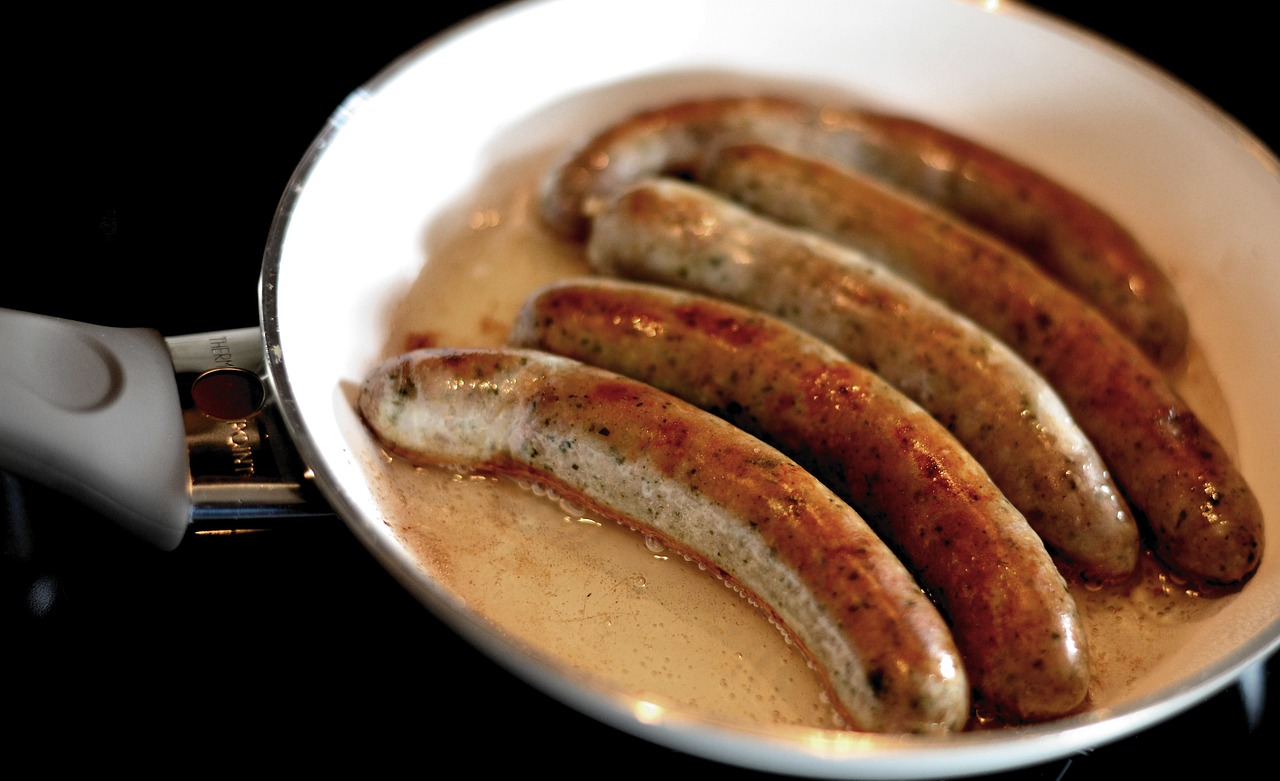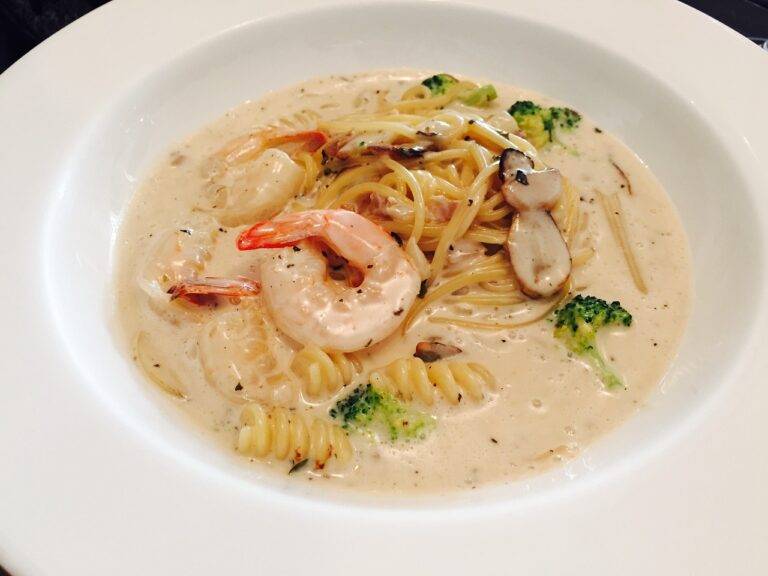Understanding the Role of Iodine in Pet Food for Thyroid Health: Skyexchange login, World777 login, Golds bet login
skyexchange login, world777 login, golds bet login: As pet owners, we always want what’s best for our furry friends. From making sure they get enough exercise to feeding them nutritious food, taking care of our pets involves a lot of responsibilities. One essential aspect of pet health that is often overlooked is the role of iodine in their diet for thyroid health.
Thyroid health is crucial for the overall well-being of our pets. The thyroid gland produces hormones that regulate metabolism, growth, and energy levels. A deficiency in iodine, an essential mineral, can lead to thyroid problems in pets, just like in humans.
Iodine is essential for the production of thyroid hormones, specifically thyroxine (T4) and triiodothyronine (T3). These hormones play a critical role in maintaining the body’s metabolic rate, heart and digestive functions, muscle control, brain development, and bone maintenance.
Without enough iodine in their diet, pets can suffer from hypothyroidism, a condition where the thyroid gland does not produce enough hormones. Symptoms of hypothyroidism in pets include weight gain, lethargy, hair loss, cold intolerance, and skin issues. In severe cases, untreated hypothyroidism can lead to more serious health problems, such as heart disease and neurological issues.
So, how can you ensure that your pet is getting enough iodine in their diet to support their thyroid health? One way is to choose pet food that is specifically formulated to provide the necessary nutrients for thyroid function. Look for pet food that lists iodine as an ingredient, as well as other essential vitamins and minerals.
It’s important to note that while iodine is essential for thyroid health, too much of it can also be harmful. Excessive iodine intake can lead to hyperthyroidism, an overactive thyroid condition that can cause symptoms like weight loss, increased appetite, and restlessness.
To ensure that your pet is getting the right amount of iodine in their diet, consult with your veterinarian. They can recommend the best pet food options or supplements to support your pet’s thyroid health while avoiding the risk of iodine overload.
In conclusion, understanding the role of iodine in pet food for thyroid health is essential for ensuring the overall well-being of our beloved pets. By choosing the right diet and consulting with your veterinarian, you can help support your pet’s thyroid function and prevent potential health issues related to iodine deficiency. Remember, a healthy pet is a happy pet!
FAQs:
Q: How do I know if my pet is getting enough iodine in their diet?
A: Consult with your veterinarian to assess your pet’s diet and determine if they are getting enough iodine. Your vet can recommend specific pet food options or supplements to meet your pet’s iodine needs.
Q: Can I give my pet iodine supplements to support their thyroid health?
A: It’s best to consult with your veterinarian before giving your pet any supplements, including iodine. Your vet can recommend the right dosage and ensure that your pet’s overall diet is balanced and healthy.
Q: Are there any specific pet food brands that are better for thyroid health?
A: There are pet food brands that formulate their products to support thyroid health, including providing adequate iodine levels. Consult with your veterinarian to find the best pet food options for your furry friend.







